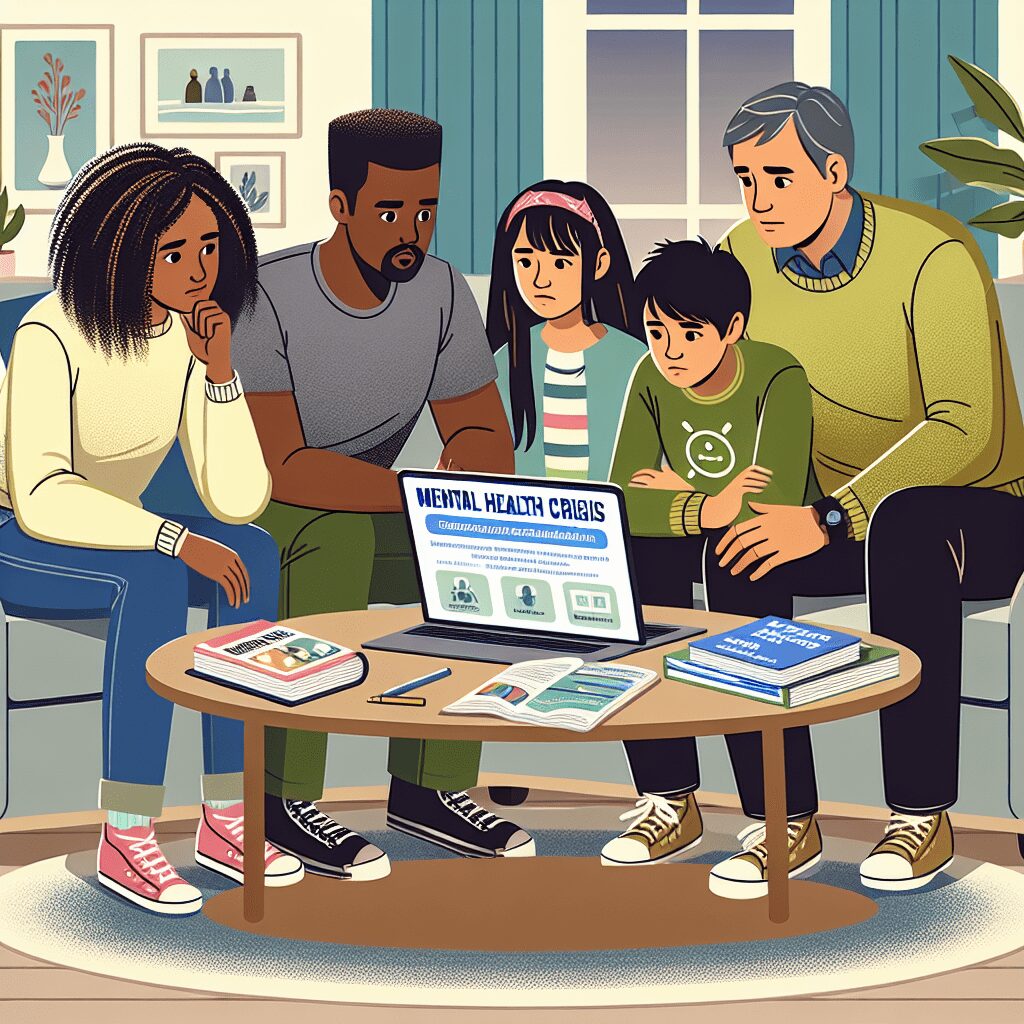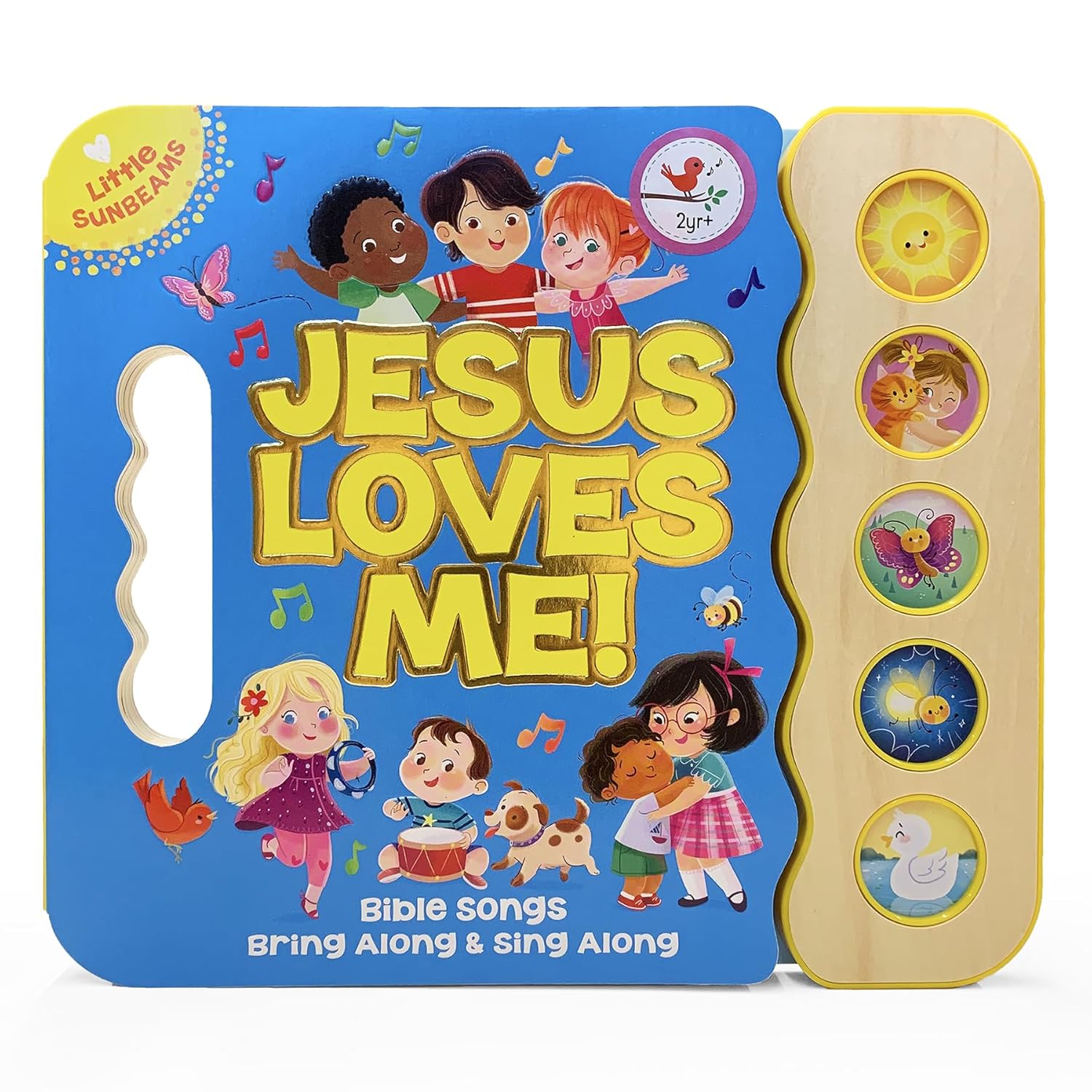Building Resilience: How to Prepare Your Family for a Mental Health Crisis Before It Strikes
As a caregiver and seasoned parent, I’ve navigated the complex waters of life with my family, and I know firsthand the importance of preparing for unforeseen challenges. A mental health crisis can strike anyone at any time, often without warning. The good news? With the right strategies, you can build resilience within your family, cooking up a strong recipe for mental well-being that stands the test of time. Here, we’ll explore practical solutions, fostering an understanding environment, and preparing for those unexpected moments before they arise.
Understanding Mental Health Crises
Mental health crises can manifest in various forms, from anxiety and depression to more severe emotional distress. Understanding what a mental health crisis is will help us better prepare.
-
Recognizing signs of distress: Knowing the common indicators (like withdrawal, mood swings, or sudden changes in behavior) will help your family members recognize when someone needs support.
-
Creating open dialogue: Encourage open conversations about emotions. A safe space to talk fosters an environment where one can share vulnerabilities.
-
Identifying triggers: Help your family members identify what could potentially trigger stress or anxiety in their lives.
Why Resilience Matters
Building resilience is about developing the ability to bounce back from challenges, especially mental health crises. Here are several compelling reasons why resilience is essential:
-
Coping mechanisms: Resilience allows our loved ones to develop healthy coping strategies when faced with adversity.
-
Stronger relationships: Through understanding and support, resilience fosters deeper connections among family members.
-
Growth mindset: Instilling resilience encourages a growth mindset, allowing our children to view challenges as opportunities for growth rather than insurmountable obstacles.
Who Needs to Be Involved?
Creating a resilient family starts with every member, including:
-
Parents: Your role is crucial in modeling positive behaviors and open conversations about mental health.
-
Children: By empowering them with coping strategies, children can learn self-regulation and understanding.
-
Extended family and friends: Involvement of trusted family friends can provide additional support, enriching the safety net of resilience.
How to Build Family Resilience
Here are some tried-and-true methods to strengthen resilience within your household:
-
Establish routines: Consistent daily routines help provide structure, reducing anxiety.
-
Promote physical well-being: Regular exercise, nutrition, and sleep hygiene are crucial components in maintaining mental health.
-
Teach coping skills: Activities such as mindfulness, journaling, and creative outlets can help manage emotional distress.
-
Encourage social connections: Ensure that your family maintains friendships and connections, as social support is vital in times of need.
-
Foster gratitude: Encourage family practices that recognize gratitude, helping shift focus from challenges to positive aspects of life.
-
Involve professionals: Regular conversations with a therapist for those who may need additional support can be invaluable.
-
Communicate frequently: Make mental health a regular topic of conversation—normalize check-ins about feelings.
-
Educate on mental health: Knowing more about mental health can reduce stigma and increase empathy within family dynamics.
-
Celebrate achievements: Acknowledge small wins and efforts in building resilience, encouraging continued growth.
-
Be a role model: Demonstrate the resilience behaviors you wish to see; your actions often speak louder than words.
A Positive Note: Hope in the Face of Challenges
While preparing for potential crises may seem daunting, focusing on building resilience is a hopeful and optimistic endeavor. There will undoubtedly be challenges, but by fostering communication, empathy, and support, your family will be well-equipped to face them together.
Here’s a bright spot: Many families that have suffered from mental health crises come through stronger and more united. Think of it this way—every challenge can be an opportunity for growth and deeper connections.
FAQs About Building Resilience in Families
Q: How can I discuss mental health with my children?
A: Start by sharing your own feelings and experiences, and encourage an open dialogue about emotions. Ask open-ended questions and listen actively to their concerns.
Q: What if my family refuses to discuss mental health?
A: Respect their feelings but create a safe environment where they know it’s okay to talk. You might consider introducing resources such as books or articles to gently encourage discussion.
Q: When should I seek professional help for my loved one?
A: If someone in your family exhibits persistent signs of distress or if their daily functioning declines, seek the guidance of a mental health professional.
Q: Are there specific resources for building resilience?
A: Absolutely! Numerous books and websites focus on mental health education, resilience strategies, and coping skills. Look for materials that resonate with your family’s values.
Q: Can resilience be taught?
A: Yes! Through modeling positive behaviors, discussing emotions, and encouraging coping strategies, you can teach your family to build resilience.
Building resilience isn’t just about bracing for impact; it’s about fostering a nurturing environment that equips your entire family with the tools they need to thrive, even in the face of adversity. Just as we cultivate a garden with love and care, so too can we nurture the mental health of our family.
Instantly Access Your FREE Children’s Books Here! (https://payhip.com/BlueCherryStore)
Disclaimer: As an Amazon Associate, I earn from qualifying purchases, I may earn a commission from qualifying purchases as an affiliate. Please note that I only recommend products I believe will provide value to my readers.









